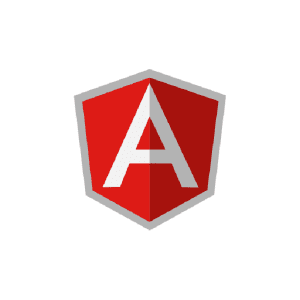Instructor-led Python Django live online classes
Date |
Duration |
Timings |
|---|---|---|
| Mar 17th | FRI & SAT (5 WEEKS) Weekend Batch | ⚡Batch Full Timings – 09:30 PM to 12:30 AM (EDT) |
Adda For Your Certification Needs
Designed to meet the industry benchmarks, CertAdda’s Python Django Training and Certification course is curated by top industry experts. This extensive online interactive course is created to help you gain expertise in the Django REST framework, Django Models, Django AJAX, Django jQuery, and much more. You will also master the Django web framework while working on real-time use cases and receive Django certification at the end of the course. Enroll now to become a certified Python Django expert with CertAdda.
$407.00 Original price was: $407.00.$379.00Current price is: $379.00.
Date |
Duration |
Timings |
|---|---|---|
| Mar 17th | FRI & SAT (5 WEEKS) Weekend Batch | ⚡Batch Full Timings – 09:30 PM to 12:30 AM (EDT) |
Learing objectives: Give a brief idea of what Python is and touch on basics. In this module you’ll learn:
Topics:
Hands-On:
Learing objectives: Learn different types of sequence structures, related operations and their usage. Also learn diverse ways of opening, reading, and writing to files. In this module you’ll learn:
Topics:
Hands-On:
Learing objectives: Learn how to create generic python scripts, how to address errors/exceptions in code and finally how to extract/filter content using regex. In this module you’ll learn:
Topics:
Hands-On:
Learing objectives: Understand the Object-Oriented Programming world in Python and use of standard libraries. In this module you’ll learn:
Topics:
Hands-On:
Learing objectives: Learn how to debug, how to use databases and how a project skeleton looks like in Python. In this module you’ll learn:
Topics:
Hands-On:
Learing objectives: In this module, you will be introduced to Django and learn how to create views and perform URL mapping In this module you’ll learn:
Topics:
Hands-On:
Learing objectives: In this module, you will learn how to create Templates and Forms in Django. In this module you’ll learn:
Topics:
Hands-On:
Learing objectives: In this module, you will learn how to create Database Models and add Dynamic content to your webpages. In this module you’ll learn:
Topics:
Hands-On:
Learing objectives: In this module, you will learn how to serialize and deserialize data and create APIs. In this module you’ll learn:
Topics:
Hands-On:
Learing objectives: In this module, you will learn how to parse data stored in XML & JSON formats using Python. In this module you’ll learn:
Topics:
Hands-On:






